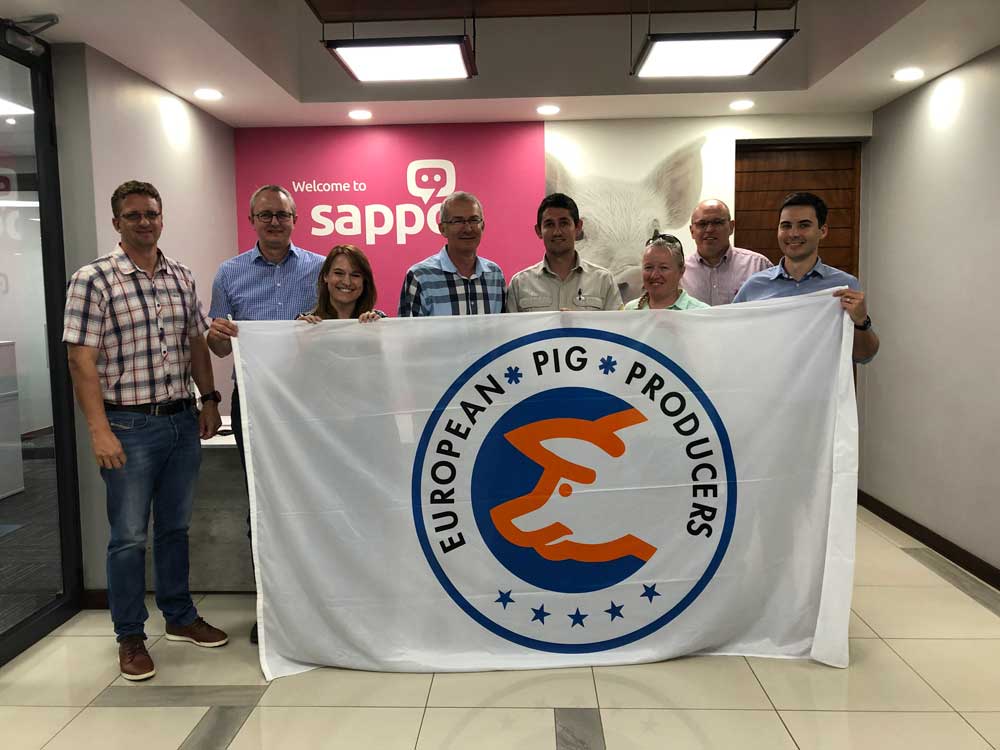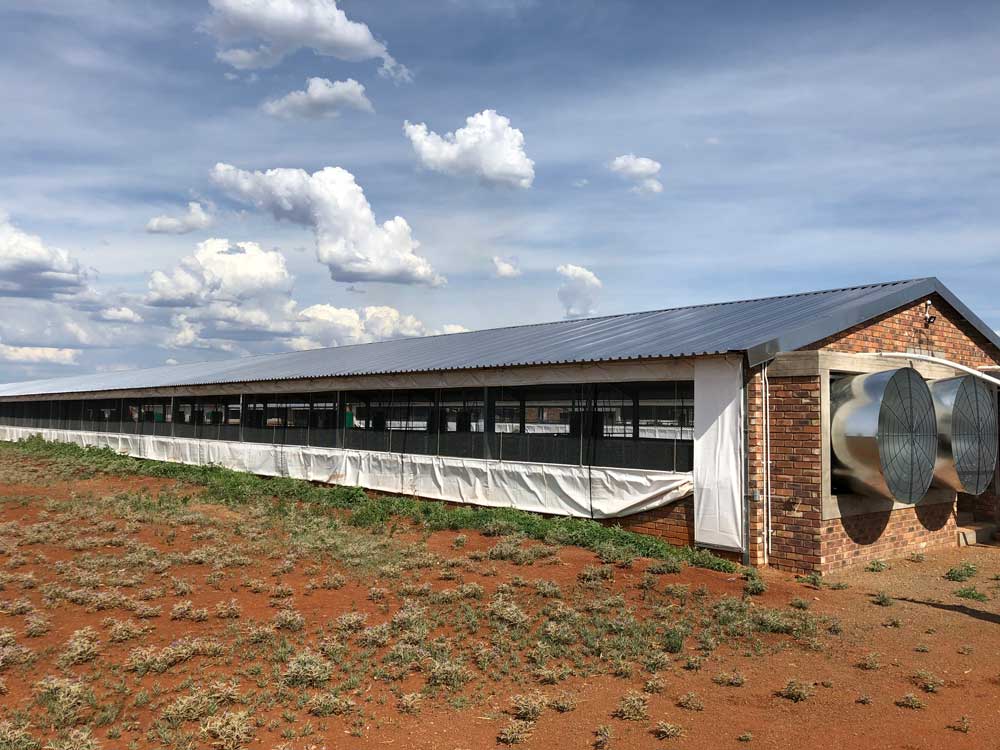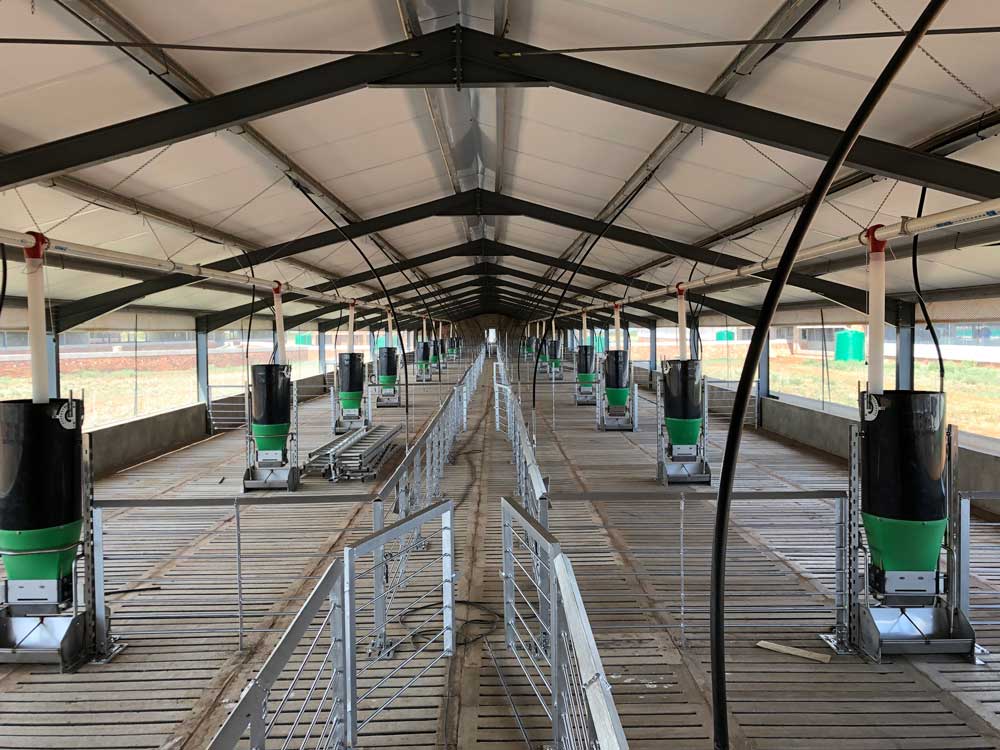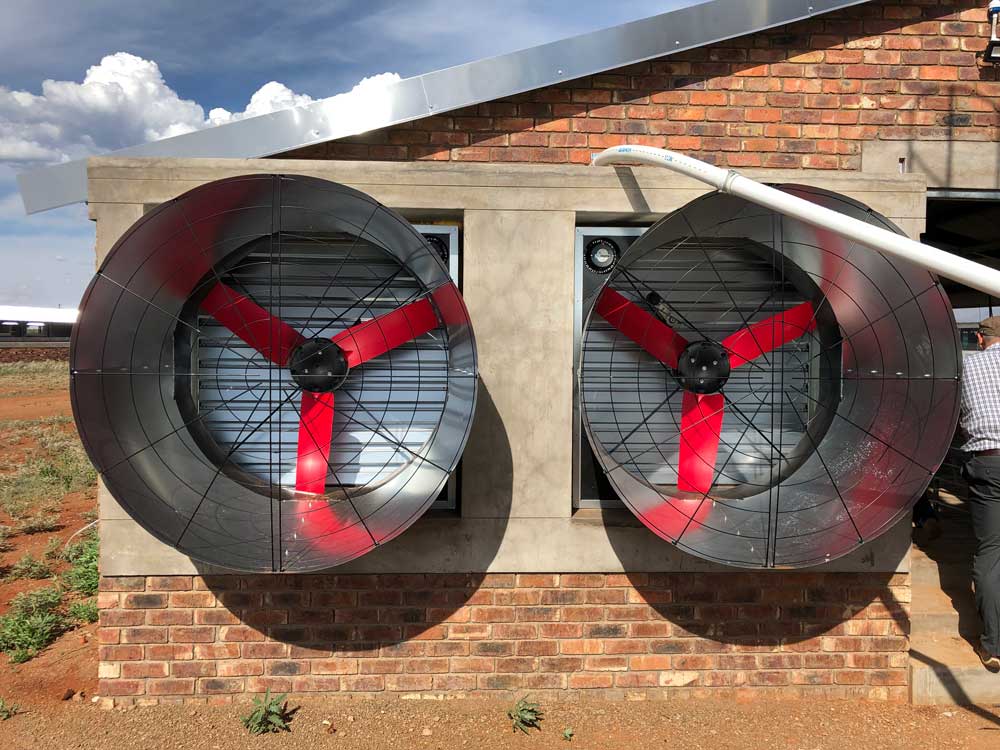European Pig Producers (EPP) consolidate network in South Africa
By EPP
South African Pork Producers’ Organisation (SAPPO) invited European Pig Producers (EPP) manager Sven Häuser to gain exclusive insights into a country which has developed a professional framework for pig production partly as a means of preventing future outbreaks of infectious diseases such as the recent listeriosis epidemic. The per head consumption of pork in South Africa currently stands at 3.8 kg per year. The aim is to restore consumer confidence through advertisements and consumer education and bring consumption levels back up to 5.8 kg per year in the medium term. SAPPO receives 11.3 Rand per carcass to cover the cost of this work and for providing support, training and education services to the 180 commercial pig farms and just under 4000 “emerging farms” it serves. With a staff of 26, SAPPO provides special training programmes for these farmers to raise awareness and promote professional development.
Informative pig farm tours
During farm visits and informative discussions with farmers, other organisations, representatives from the slaughter and meat processing industry and the German Embassy’s agricultural attaché, it became clear that, while there was significant need for training, commercial farms have already put in place professional, forward-looking structures.
Some 90,000 of the 110,000 sows in the country are reared in closed systems (farrow-to-finish) on the 180 commercial farms. These farms operate to high biosecurity standards and have significantly reduced the use of antibiotics in the last two years by improving their hygiene practices – although often by “depop/repop” measures and new genetics. Also, the establishment of fixed contracts with vets and a reporting system for findings has helped to improve the health status.
Improve the welfare standards
Many commercial farms are already investing in better animal welfare although at present there are no statutory requirements for this. “We know that standards are set to also tighten in this area in a few years and we want to be ready”, they explain. And they are keen to seek inspiration in Europe. A visit to EuroTier – often in conjunction with farm visits in Germany, the Netherlands or Denmark – is a must for many and SAPPO has supported these fact-finding missions again this year. Group rearing from the 5th day after insemination is already practiced successfully on many farms and the first loose farrowing pens are now under construction.
Unlike Germany, castration is not an issue in South Africa. All pigs (boars and sows) are slaughtered at 22 weeks without exception, and according to one slaughterhouse operator, there are no problems with boar taint. The only problem is that in summer the animals are 5 to 6 kg lighter and have somewhat lower feed conversion rates.
With regard to climate, housings are equipped with outdoor areas and shutters. Incoming air is cooled mainly in the sow pens; in summer they use tunnel ventilation to increase the air exchange rate. Virtually all farms use automatic dry feeders and have slatted floors, because this puts them ahead of their Northern European competitors in terms of labour and production costs (€ 190 for finisher housing, maize/soya-only feed rations).
Network for sharing experiences
Despite the successful pork production at home, South Africa does rely on imports, which is largely attributed to the high demand for spareribs and bacon. And they readily turn to European markets to satisfy this demand which guarantee similar production standards and product consistency – although not at any price. There are complaints about high price volatility and alternative markets such as Brazil are being explored.
The expansion of the information network with the help of EPP and DLG is a good opportunity for farmers in South Africa to obtain information for further development. At the same, South African pig farmers are willing to share their experiences, for example in keeping the sows in group pens straight after insemination or in the quality assurance programme they have developed. At the end of the trip we invited a delegation from South Africa to attend the next EPP Congress in Landshut, Bavaria – which is the perfect opportunity to exchange ideas and experiences.
Contact:
EUROPEAN PIG PRODUCERS, c/o German Agricultural Society (DLG)
Sven Häuser, Eschborner Landstrasse 122, D-60489 Frankfurt/Main
Tel.: 0049-69-24788-325 Fax: -114, epp@DLG.org
EPP Members are leading pig producers from the following countries:
Austria, Belgium, Denmark, Finland, Germany, Switzerland, the Netherlands, United Kingdom and single members from most European countries.
Associate Members are institutes, companies, associations and authorities with a keen interest in supporting the Clubs activities.






